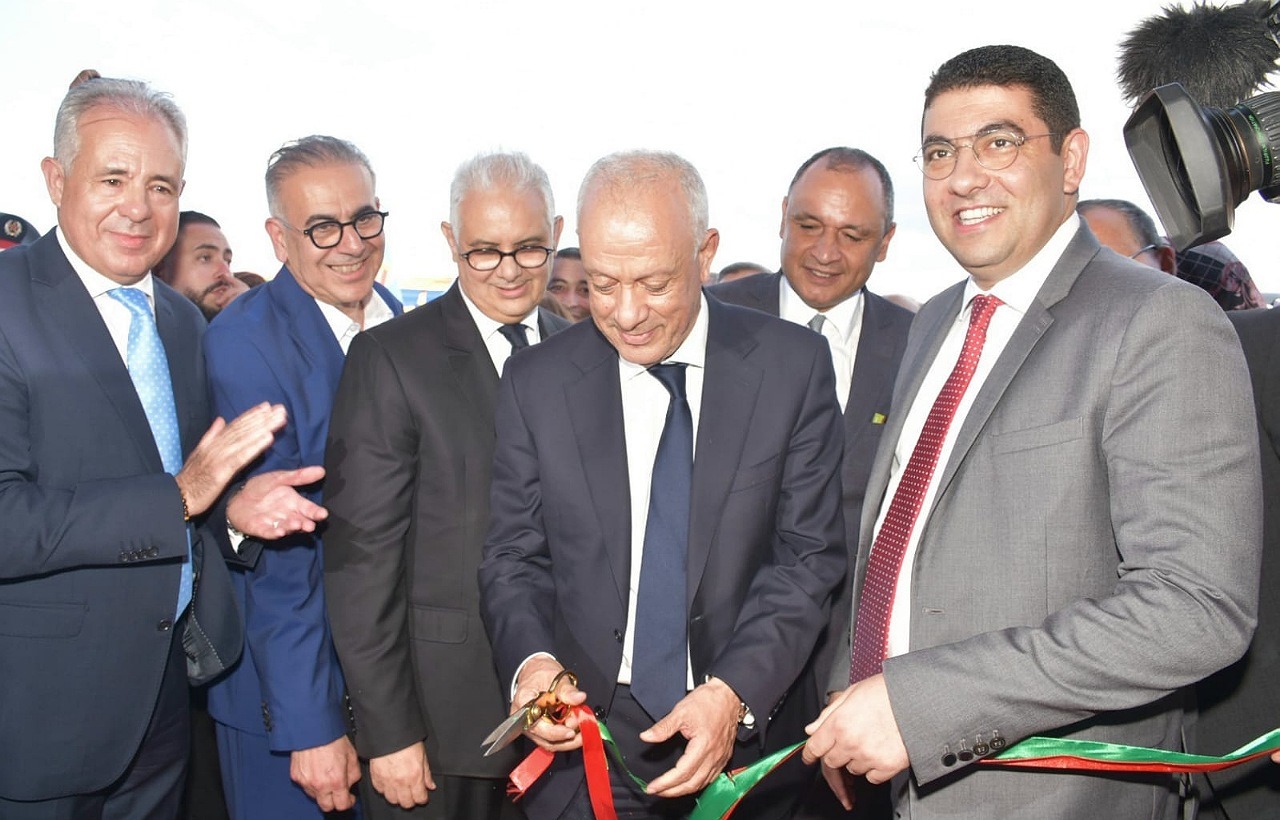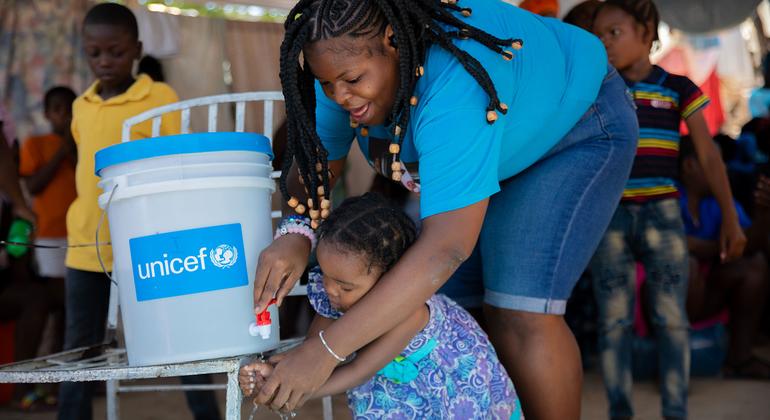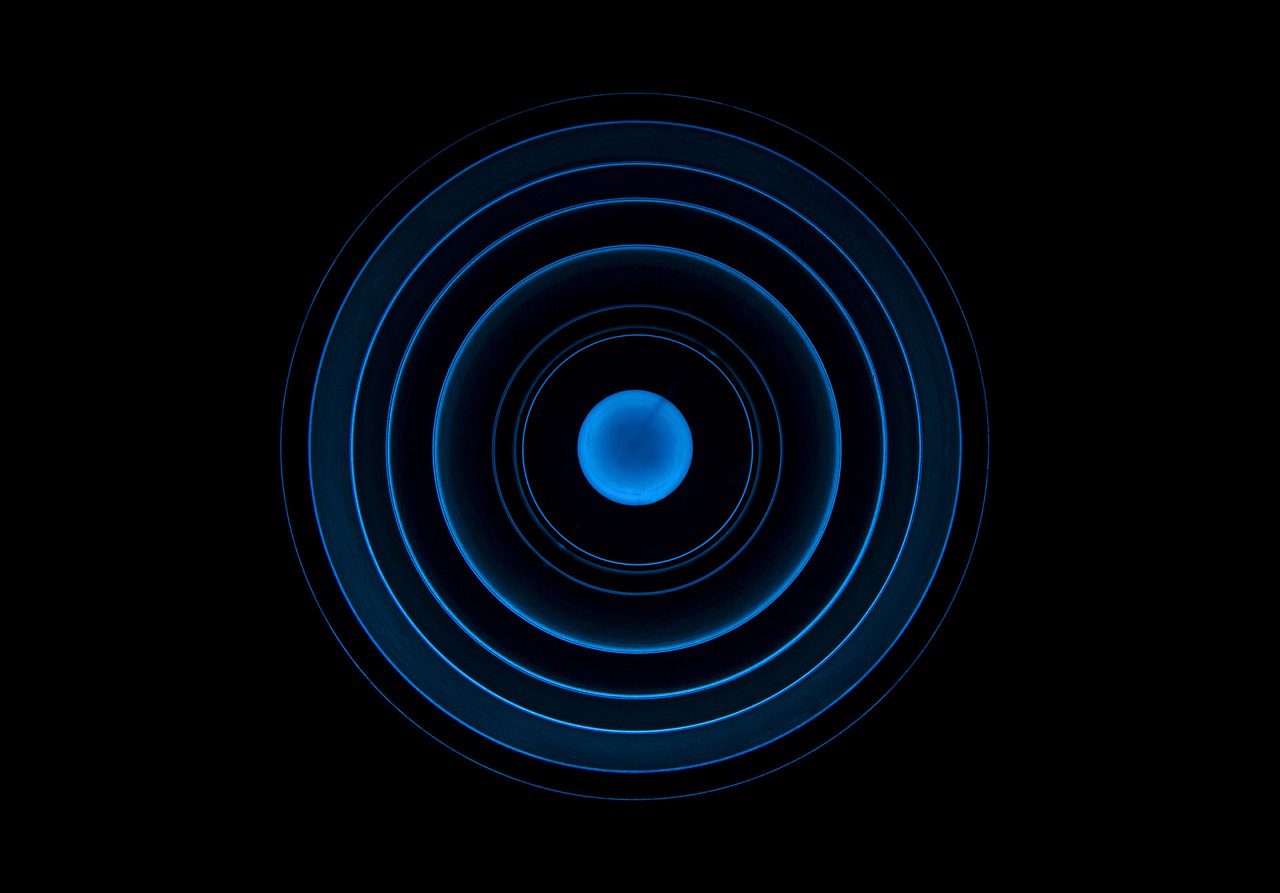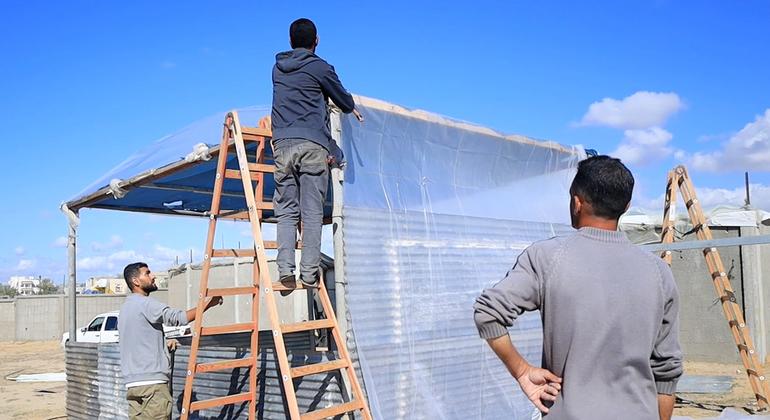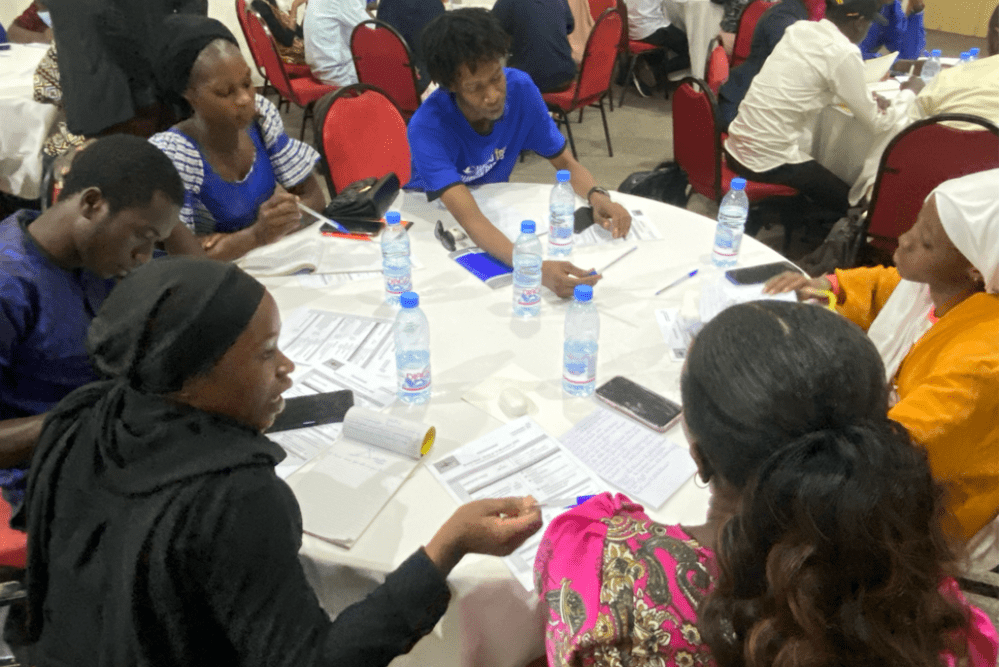Equestrian Art MATA: Ancestral heritage and centuries-old traditions, under the sign “MATA, an ancestral intangible heritage and a space for cultural exchange of humanity”
Under the High Patronage of His Majesty King Mohammed VI, the MATA International Riding Festival returns in a new edition from May 17 to 19, 2024, in Zniyed village, commune of Larbaa de Ayacha, provincial district of Moulay Abdessalam Ben Machich, province of Larache, Region of Tangier Tetoun Alhociema.
This year’s edition is organized in a special context consisting of the consecration of the integration of the MATA intangible heritage into the World Islamic Educational, Scientific and Cultural Organization (ICESCO).
In this national context, the President of the MATA International Equestrian Festival said that this consecration has been achieved thanks to the Patronage of His Majesty the King during all editions of the festival, and that the safeguarding of Morocco’s intangible heritage, including the MATA festival, has materialized under the aegis of His Majesty the King affirming in his directives that:
” [..] Culture is not only the expression of a creative genius. It is also a reflection of the civilizational dynamics that saw its birth. It is, even more, a vital necessity of our daily lives. A viaticum for the soul and the spirit, culture builds a bridge between the past and the present and allows individuals to be anchored to their social environment. [..]»
Excerpt from the message of His Majesty King Mohammed IV addressed to the participants in the 17th session of the UNESCO Intergovernmental Committee for the Safeguarding of the Intangible Cultural Heritage
The safeguarding of the MATA heritage is also a continuation of the important process initiated by Hadj Mohamed Baraka, Dean of the Alamiyine Chorfas, and the late Sidi Abdelhadi Baraka Naquib of Alamiyine Chorfas.
The President of the festival, Mr. Nabil BARAKA, stressed that the integration of the MATA intangible heritage into the ICESCO list on behalf of the Kingdom of Morocco is a great historical event, achieved thanks to the Royal High Patronage, as well as the support of the festival’s partners in its various cultural, economic and social spaces and is a well-deserved consecration of the MATA riders and the JEBALA regions who have made this rich ancestral cultural heritage shine and varied.
The president of the festival also highlighted the distinction recently awarded in Seville, Spain, to the Mata International Horse Riding Festival, namely the prize of the Spanish historian, politician and writer Emilio Castellar, this recognition was awarded by the great efforts made by the festival to promote the rapprochement of cultures between civilizations and nations. The award was received by Mrs. Nabila Baraka, President of the Alamia Association, in the presence of major personalities and international organizations as a recognition of the cultural and national achievements of the late Sidi Abdelhadi Baraka, Dean of the Alamiyine chorfas.
He also emphasized the attachment to the spiritual tradition that the festival perpetuates for the Chorfas Alamiyines and the followers of the Tarika Machichiya Chadiliya, encouraging the men of thought, religion, culture, art and politics, present at this festival, to spread the values bequeathed by the great Quotb Moulay Abdeslam Ibn Machich in the world, while inviting a prayer for peace, in the zones of conflict and war, especially between Palestinians and Israelis, Ukrainians and Russians, while affirming that the Chorfas Alamiyines and the followers of the Tarika Machichiya Chadiliya, are under the guidance of His Majesty King Mohammed VI, Commander of the Faithful.
The president of the MATA International Horse Riding Festival also indicated that the program of this year’s edition will be rich in competitions, and performances of MATA horses and riders, in addition to the organization of an international conference under the theme:
“Mata, space for the cultural exchange of humanity”, supervised by researchers from various international and national organizations, to celebrate a heritage that has become a prerogative of the enhancement of dialogue between cultures and civilizations in all corners of the world. He stressed, to this end, the strengthening of ties between Africa and Europe, thanks to the geographical and historical junctions between Morocco and Spain, and between the rest of the world, noting the essential role played by the various press organizations that honor the festival spaces with their presence.
Mrs. Nabila Baraka, president of the Alamia Laaroussia Association for Social and Cultural Action, said that the MATA festival is organized in a context of debate around the Moudawana, and consecrates the role of the Moroccan woman who was and will remain active in society, thus highlighting the role of women in the JEBALA tribes in the celebration of this ancestral Moroccan heritage in all MATA spaces. The festival is also an opportunity to discover the strong links between the northern region and the Moroccan Sahrawi tribes permanently invited to the festival, and represented by cultural and media organizations, and cooperatives of local products and crafts.
The last 2023 edition had recorded, according to the president of the MATA international festival, a great success at all levels, cultural, social, and economic, and saw the participation of more than 300,000 people between national and international visitors, the competition attracted more than 300 riders from different Jebala tribes, and 80 agricultural and industrial cooperatives exhibited their local products to visitors, in addition to an evening of traditional Moroccan music animated by the artists: Bachir El Attar, Faisal Saghir, Ikram El Abdia, Lemsari, and Iman El Hajeb, and the actors Hassan and Mohsin. During this evening, a tribute was paid to the great art artist Jebli El Hajji Srifi, as well as other cultural personalities.
“MATA”, a World Heritage Site
All around the Jbel Allam, the peasants welcomed spring by playing a particularly original game that calls on the courage, skill, flexibility, delicacy, intelligence and finesse of those who devote themselves to it. It is a game where horse and rider, in perfect symbiosis, celebrate a legendary complicity and above all the ancestral culture of an extraordinary region. The “jbalas” have named this game “MATA”.
Even today, the tradition is jealously guarded by the tribes of Bni Arous and the rules of the game are scrupulously respected. After the sifting of the wheat fields, first in the village of Aznid, then in others later, young girls and women of the tribe to whom this operation is entrusted accompany it with their songs, their youyous and their famous ‘iyou’, to the sound of ghaitas and drums specific to the region. It is these same women who make, with the help of reeds and fabrics, the doll that will be fought over by the bravest riders of the Jebala country, a region where the art of riding horses, raising them and training them is a strong cultural specificity. Riders who participate in the “MATA” game must ride bareback, dressed in the ancestral jellabas and amamas. According to oral tradition, the winner of the game “MATA” is the one who, using his skill and boldness, will be able to snatch the doll from the other riders and carry it away. A supreme reward was then awarded to him: He was married to the most beautiful girl of the tribe.
The game “MATA” is probably inspired by Bouzkachi, a similar but more violent game, imported, according to legend, by Moulay Abdeslam lbn Mashich during his visit to Ibn Boukhari. . The bouzkachi practiced in Afghanistan is about the corpse of a goat that the riders fight over in brutal jousts that leave many injured.
This annual event celebrates an ancestral culture through which is expressed the rehabilitated sense of honor, the rooted faith, patriotism as a Sufi school and spiritual and universal values; all the humanist heritage bequeathed by the great Quotb Moulay Abdeslam Ibn Mashich to the Chorfas Alamiyines, to the Tarika Mashichiya Shadhiliya and to the inhabitants of this exceptional region.



